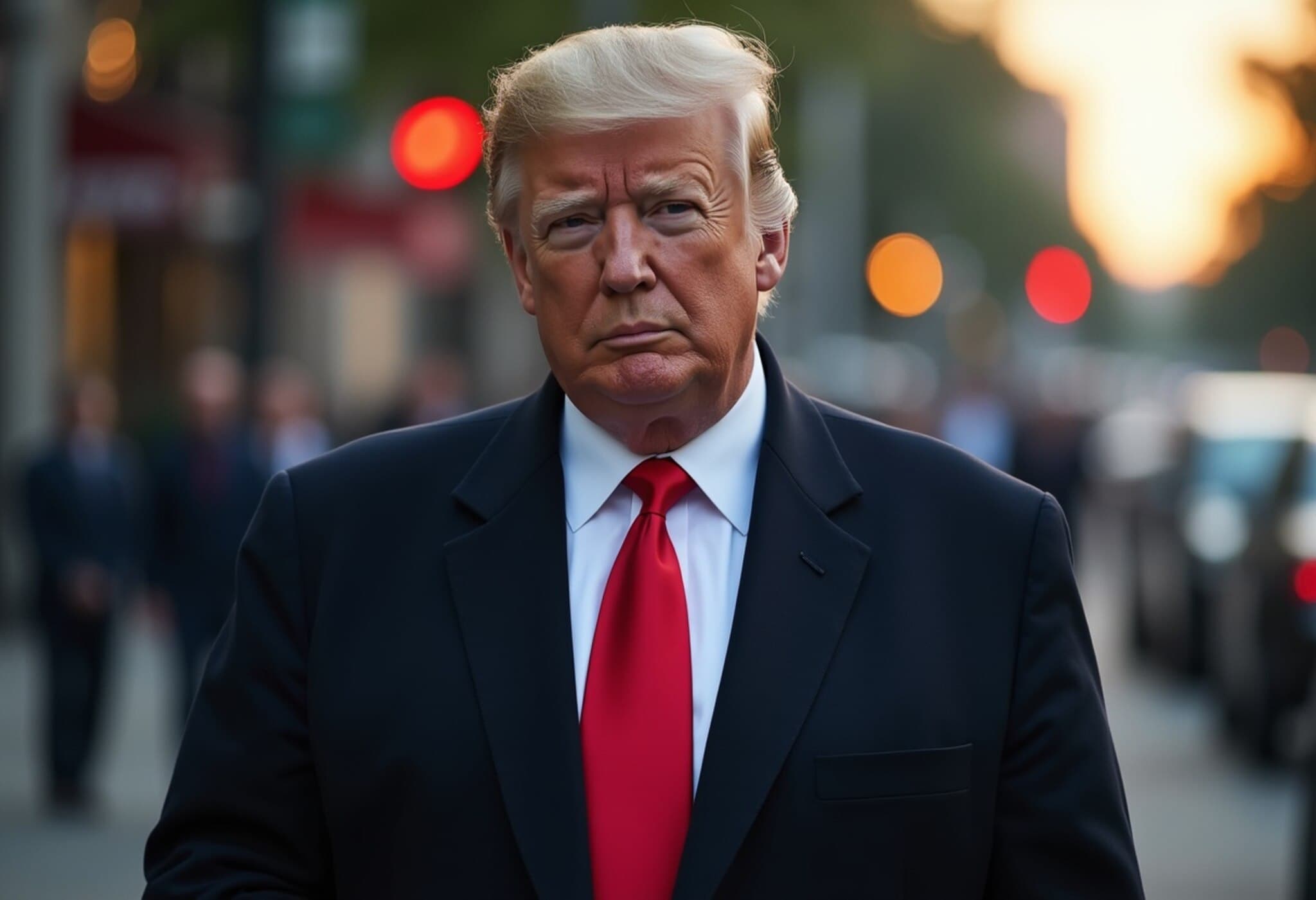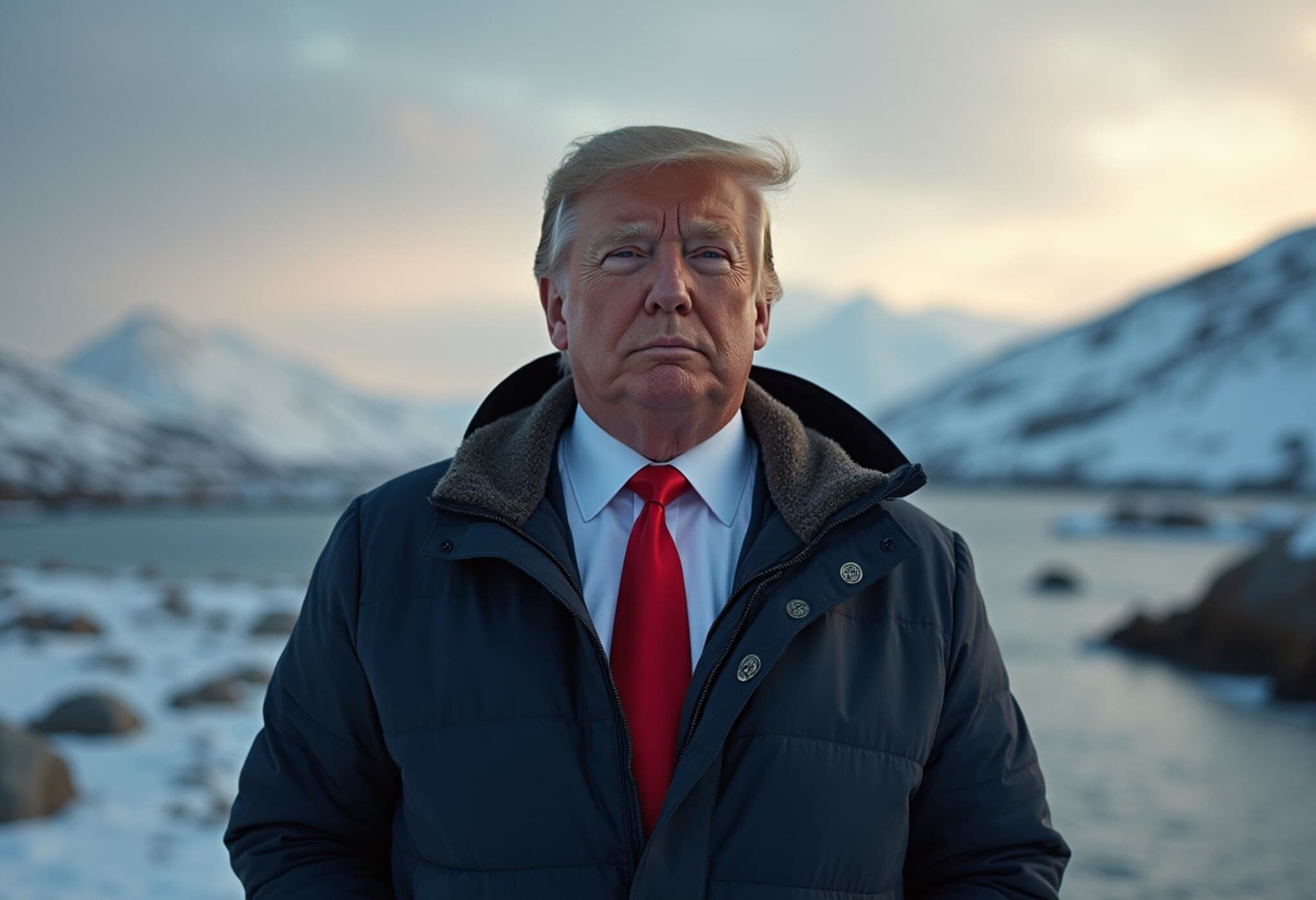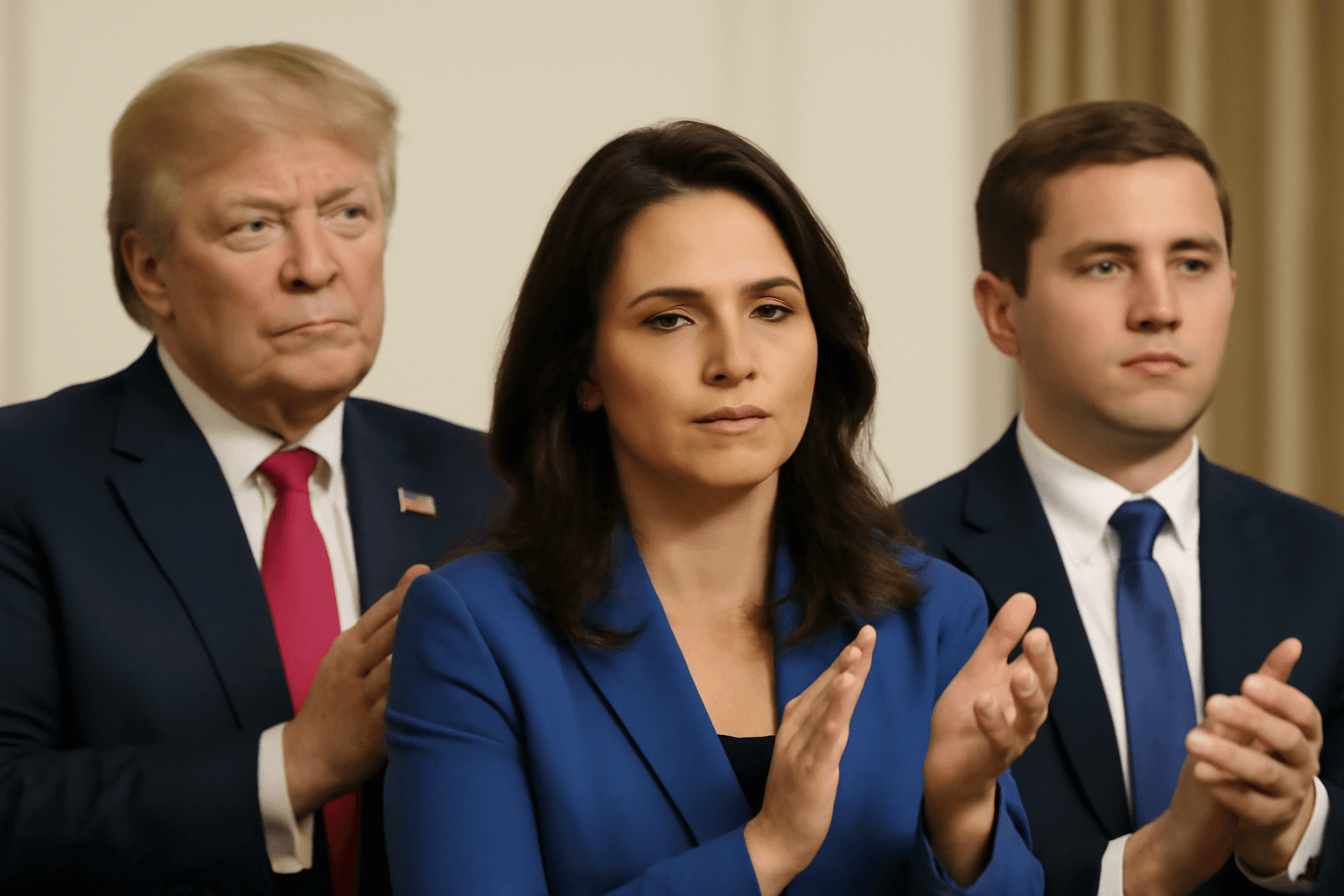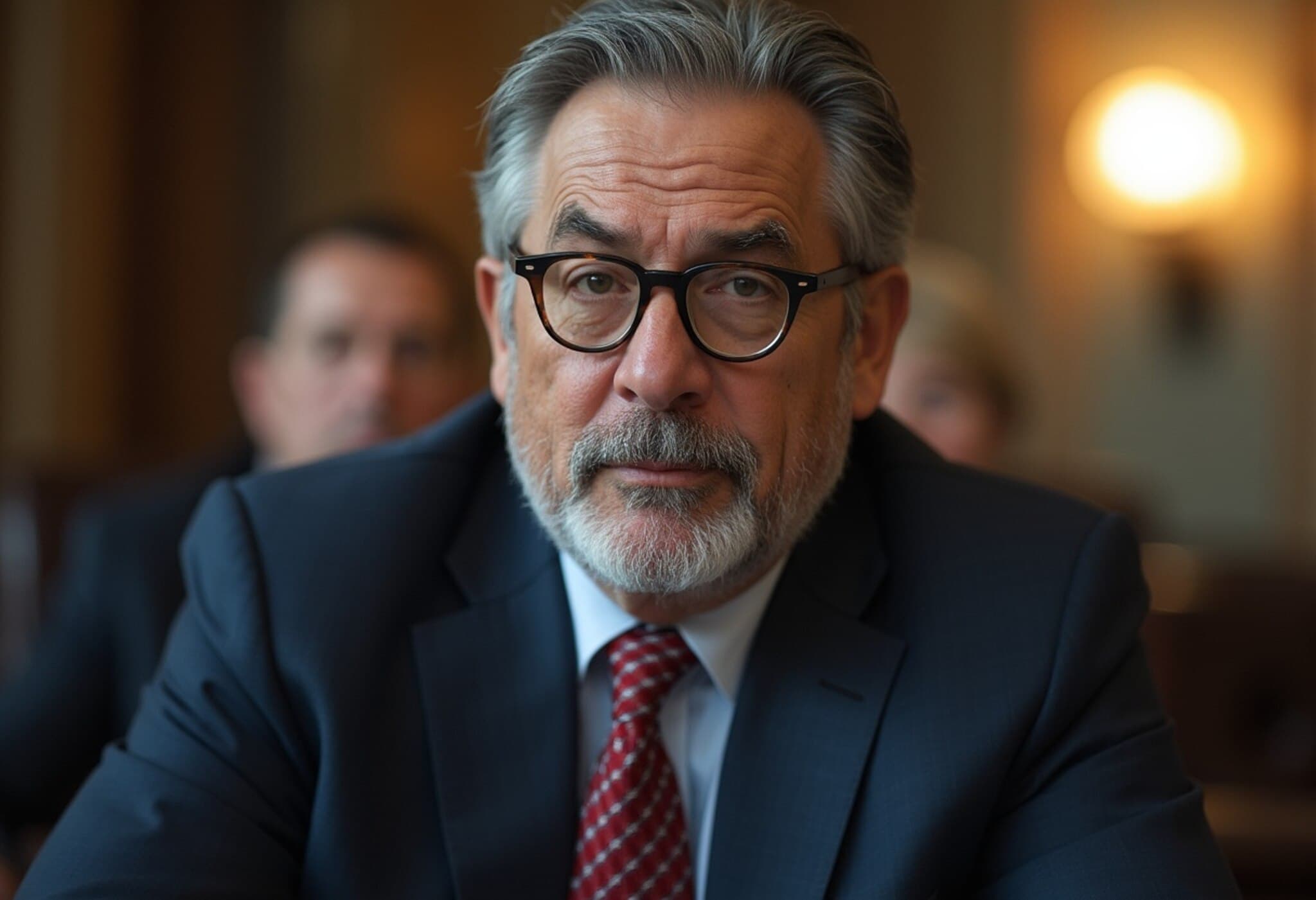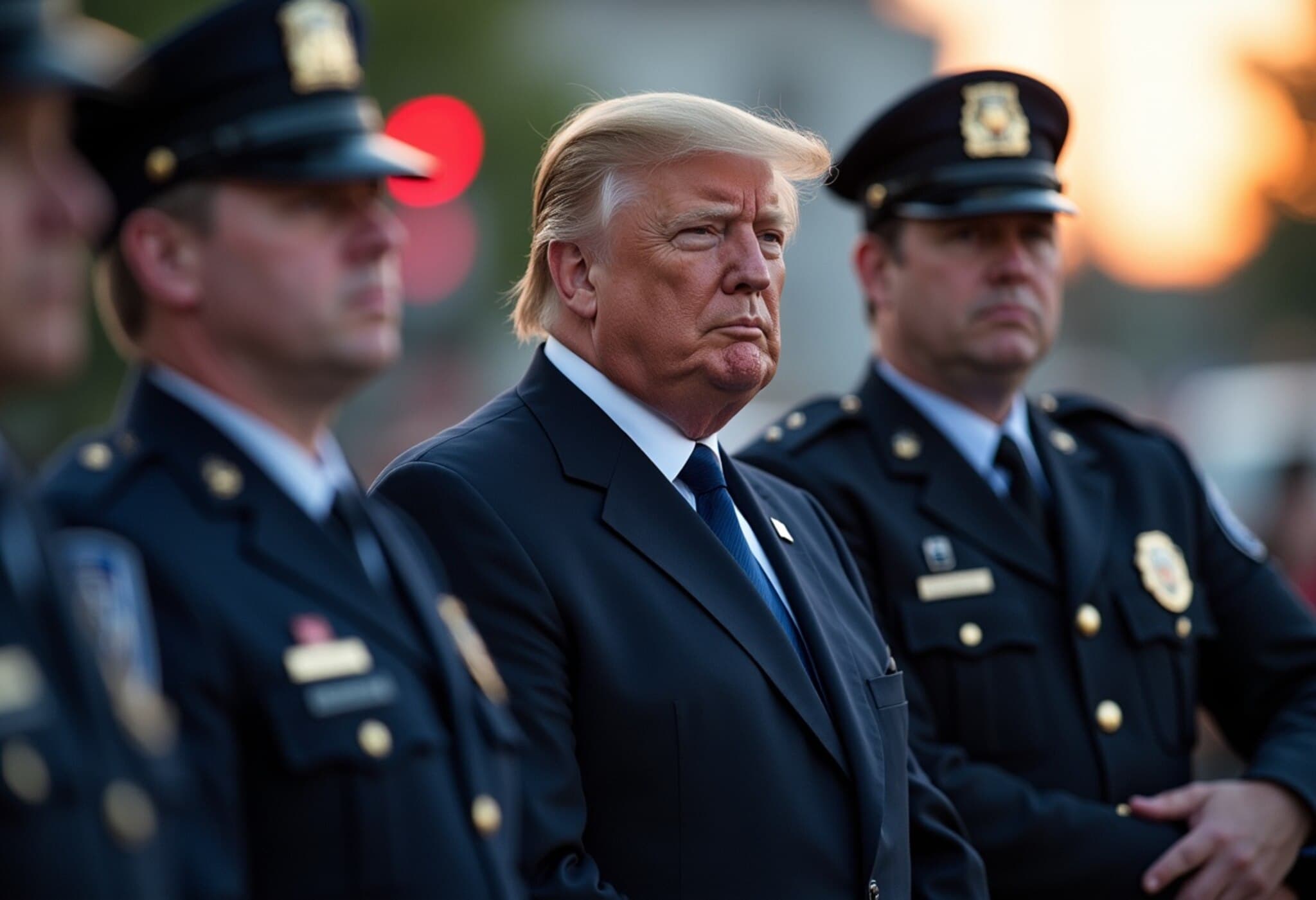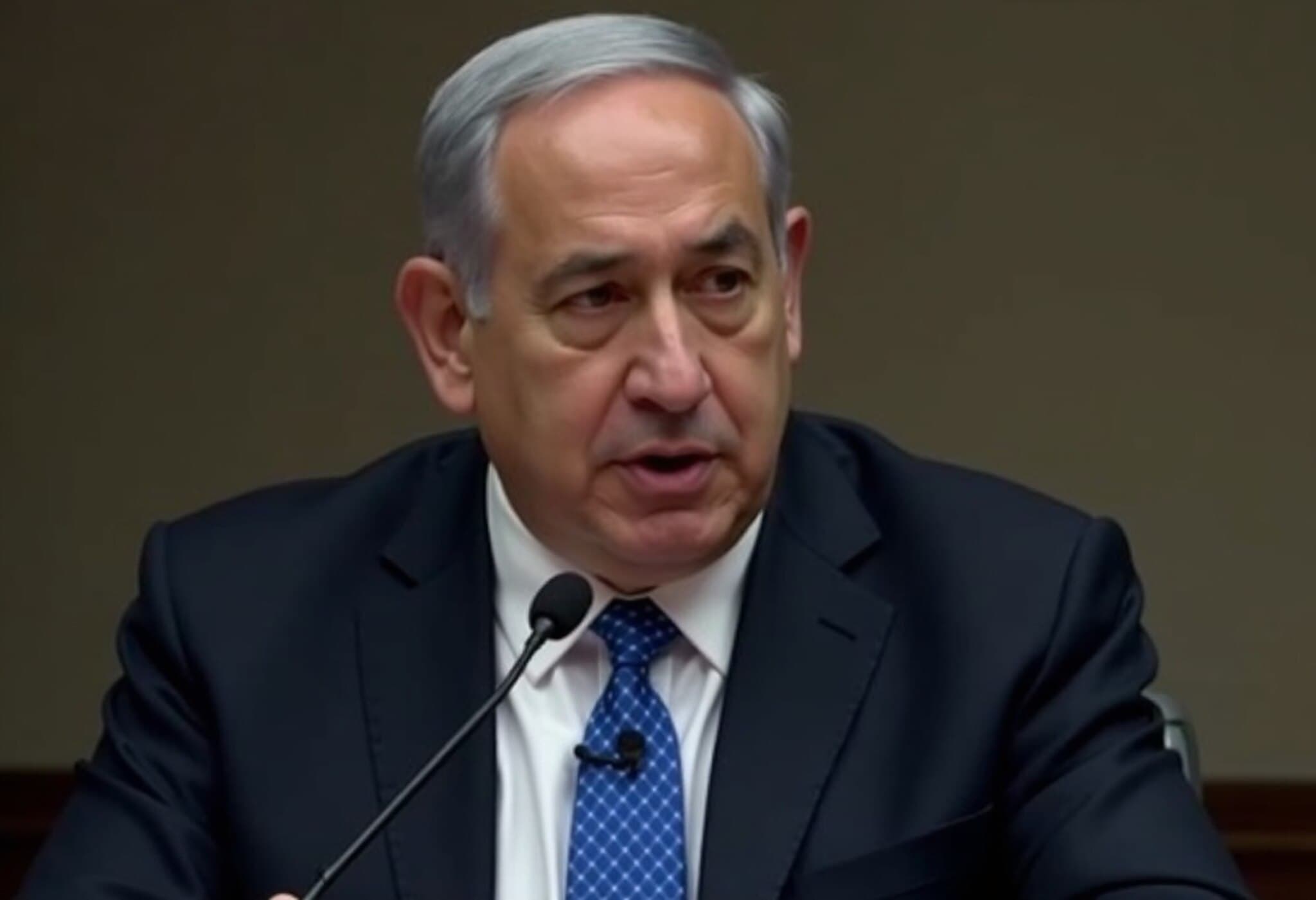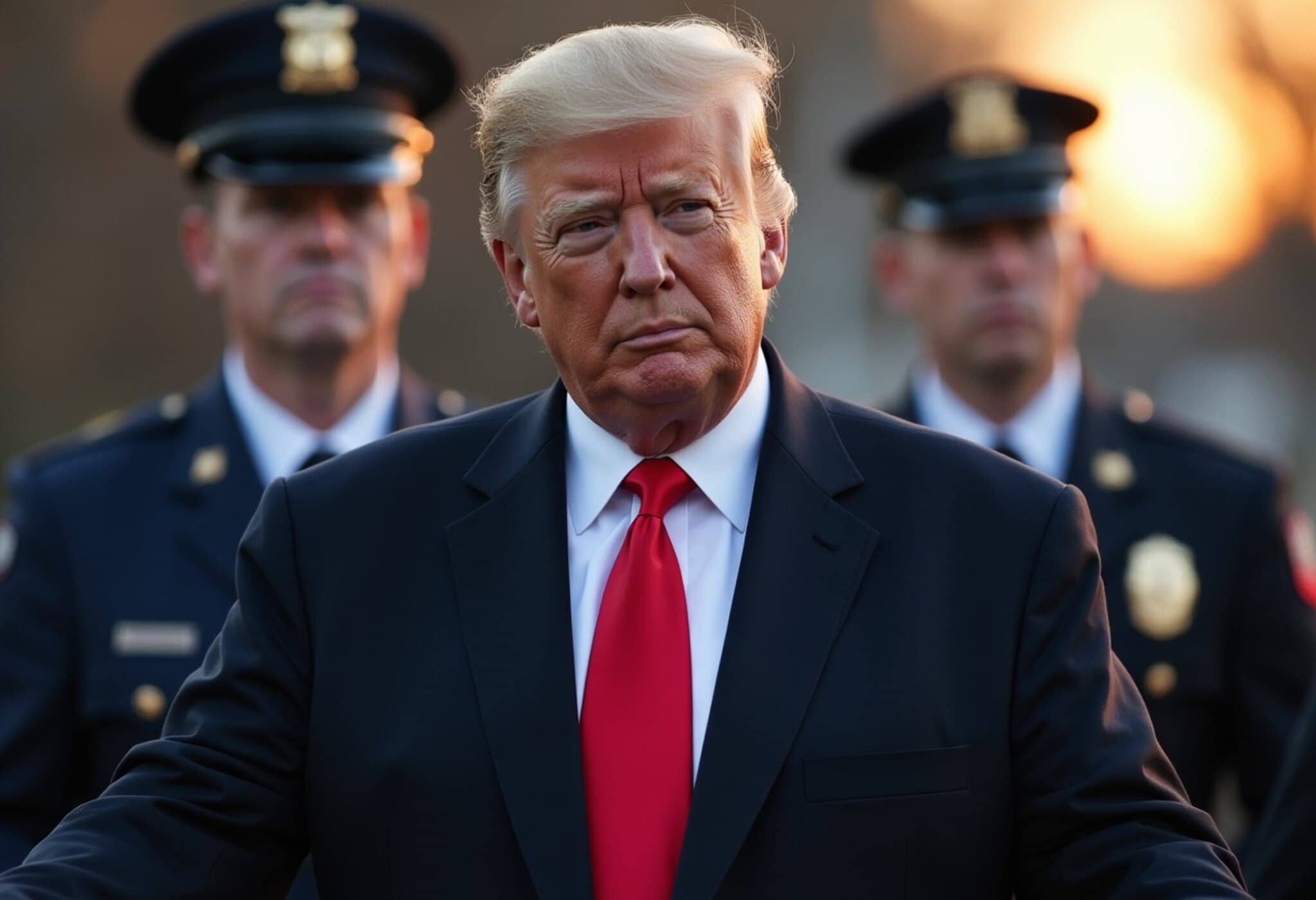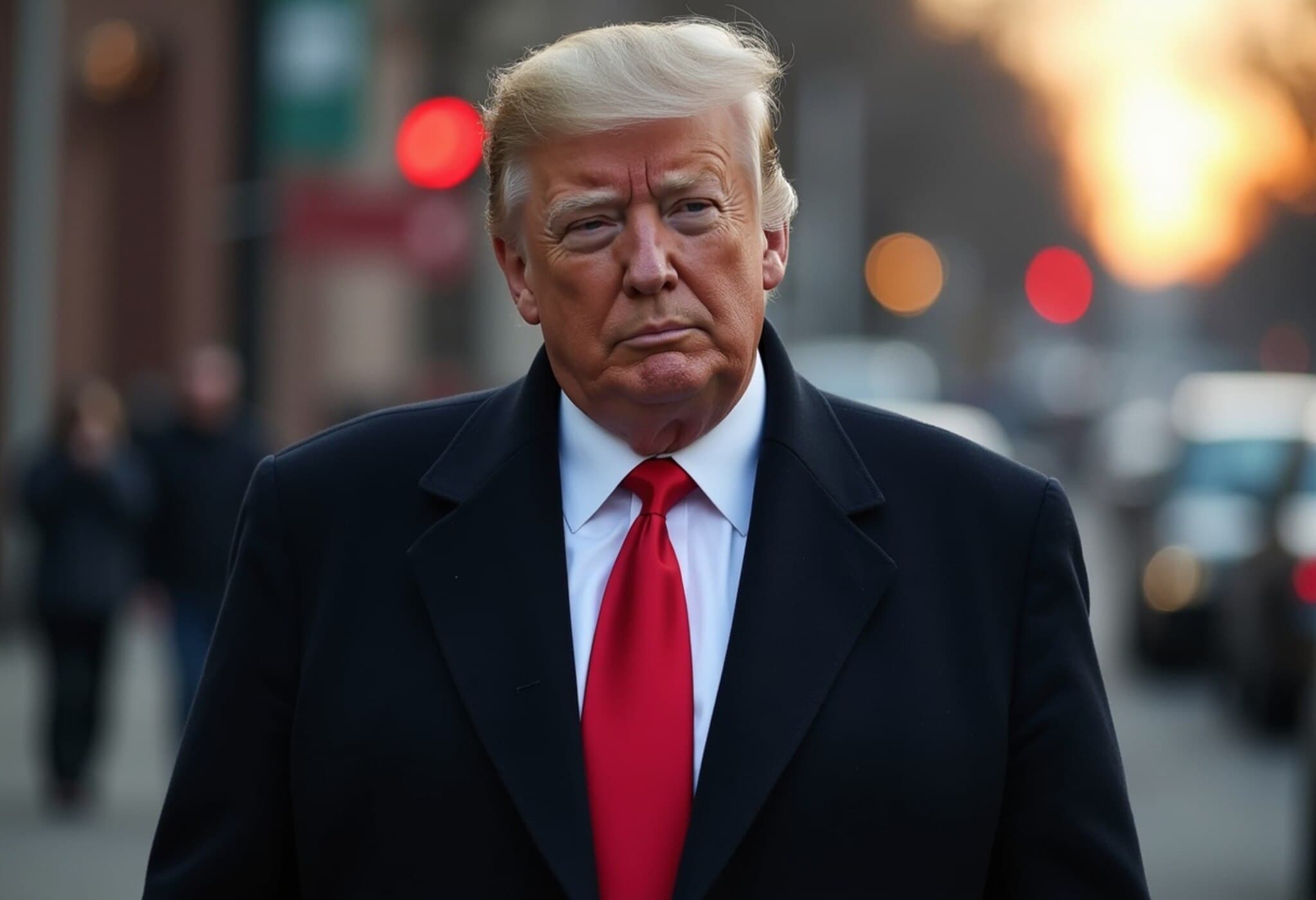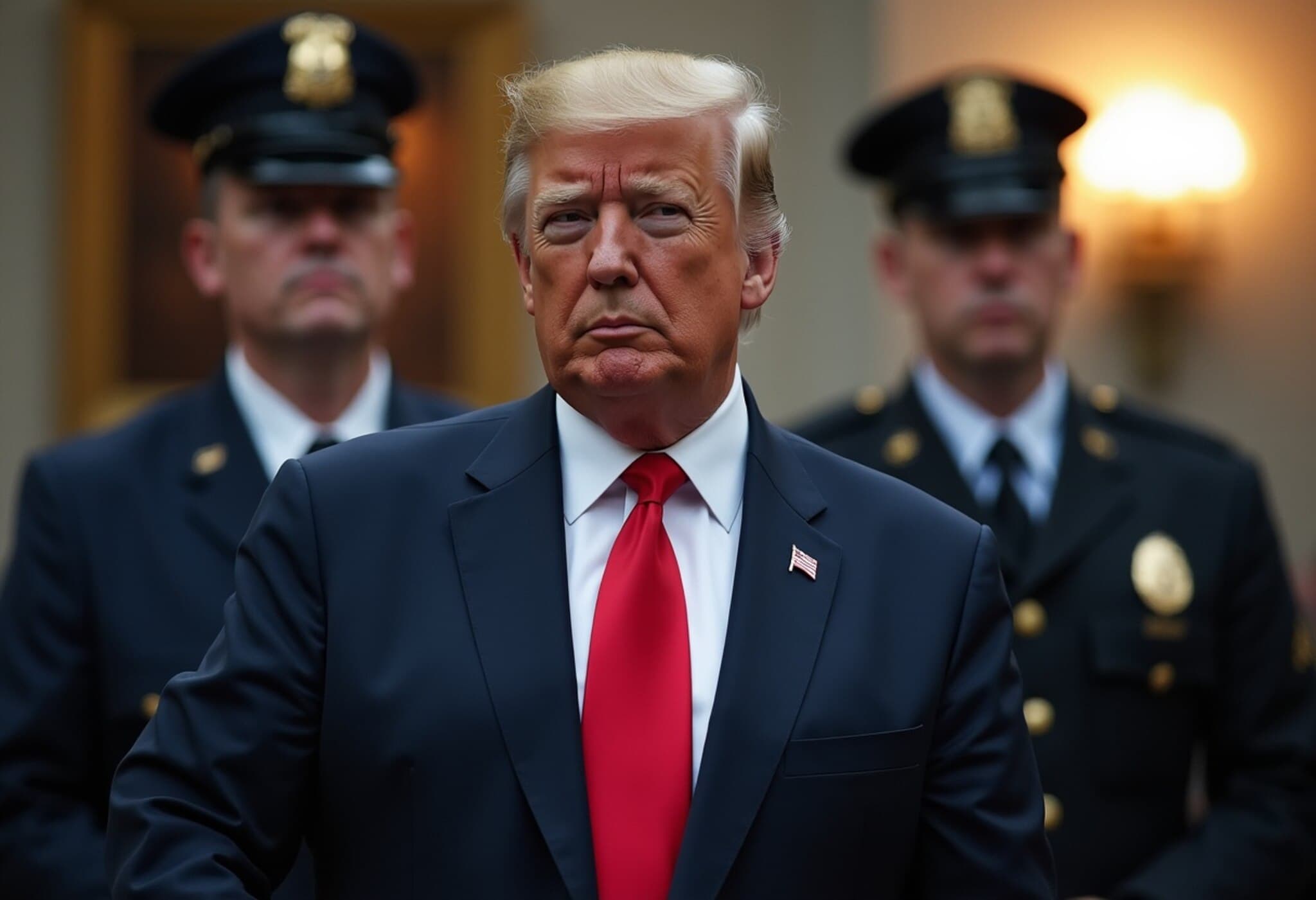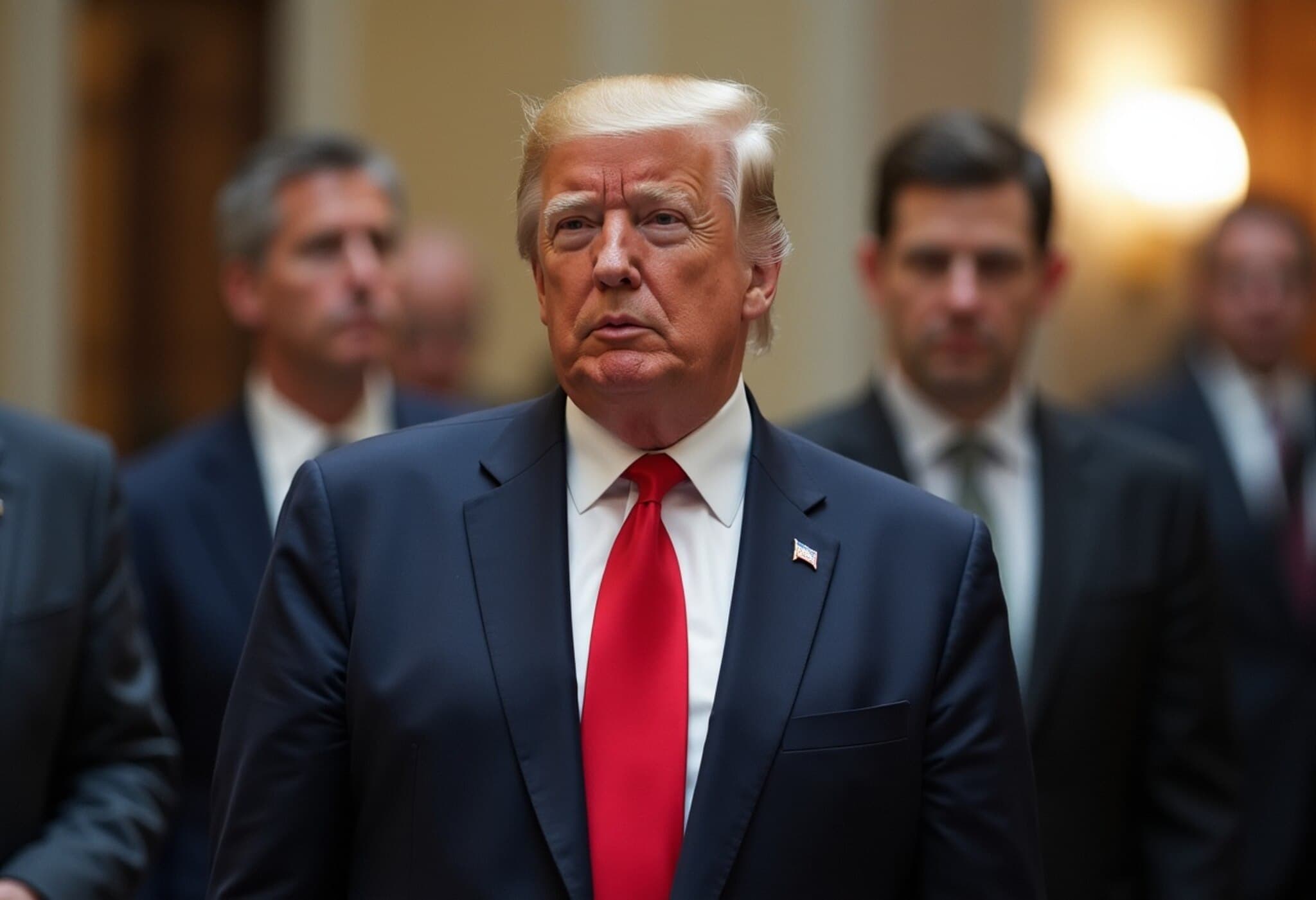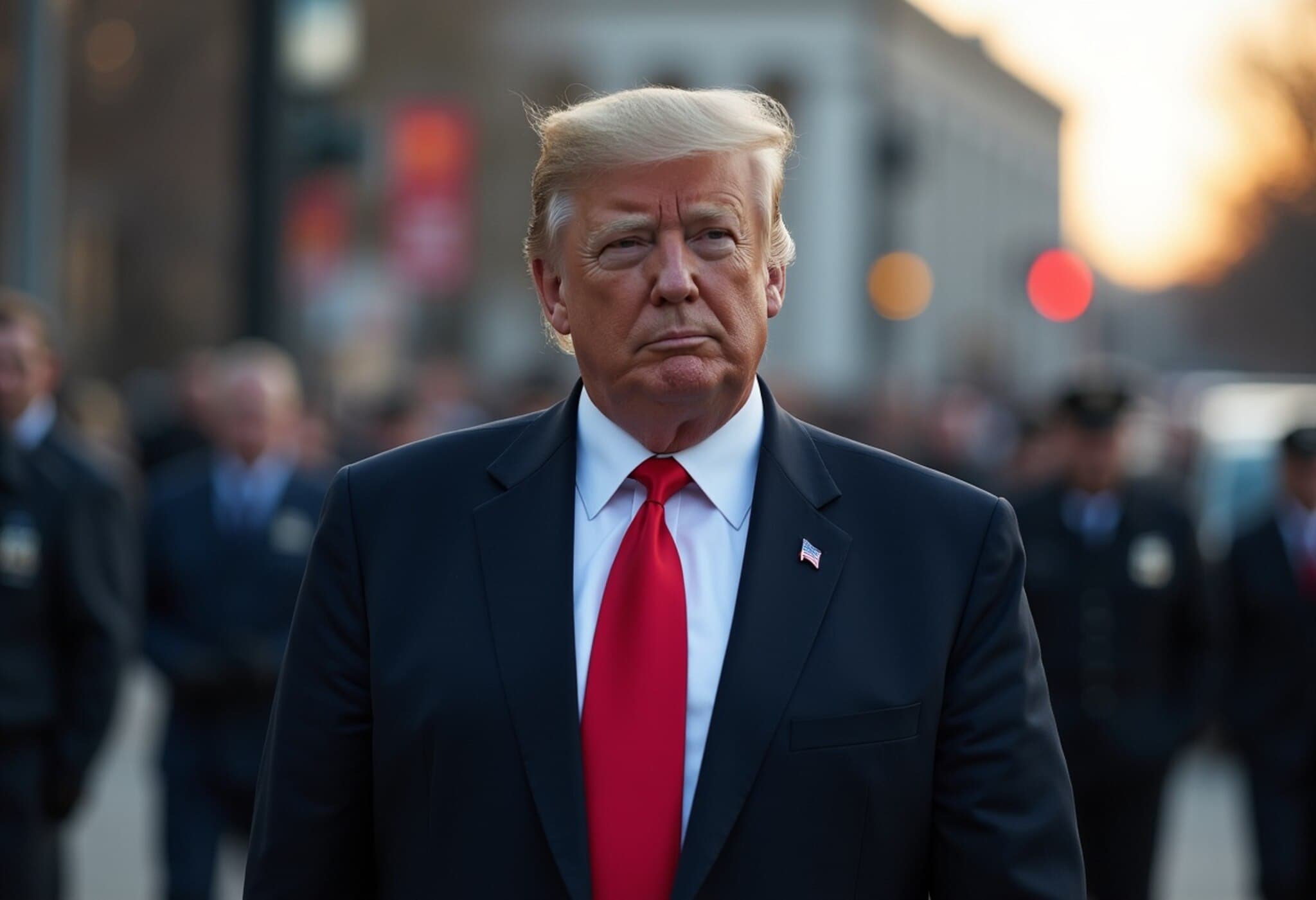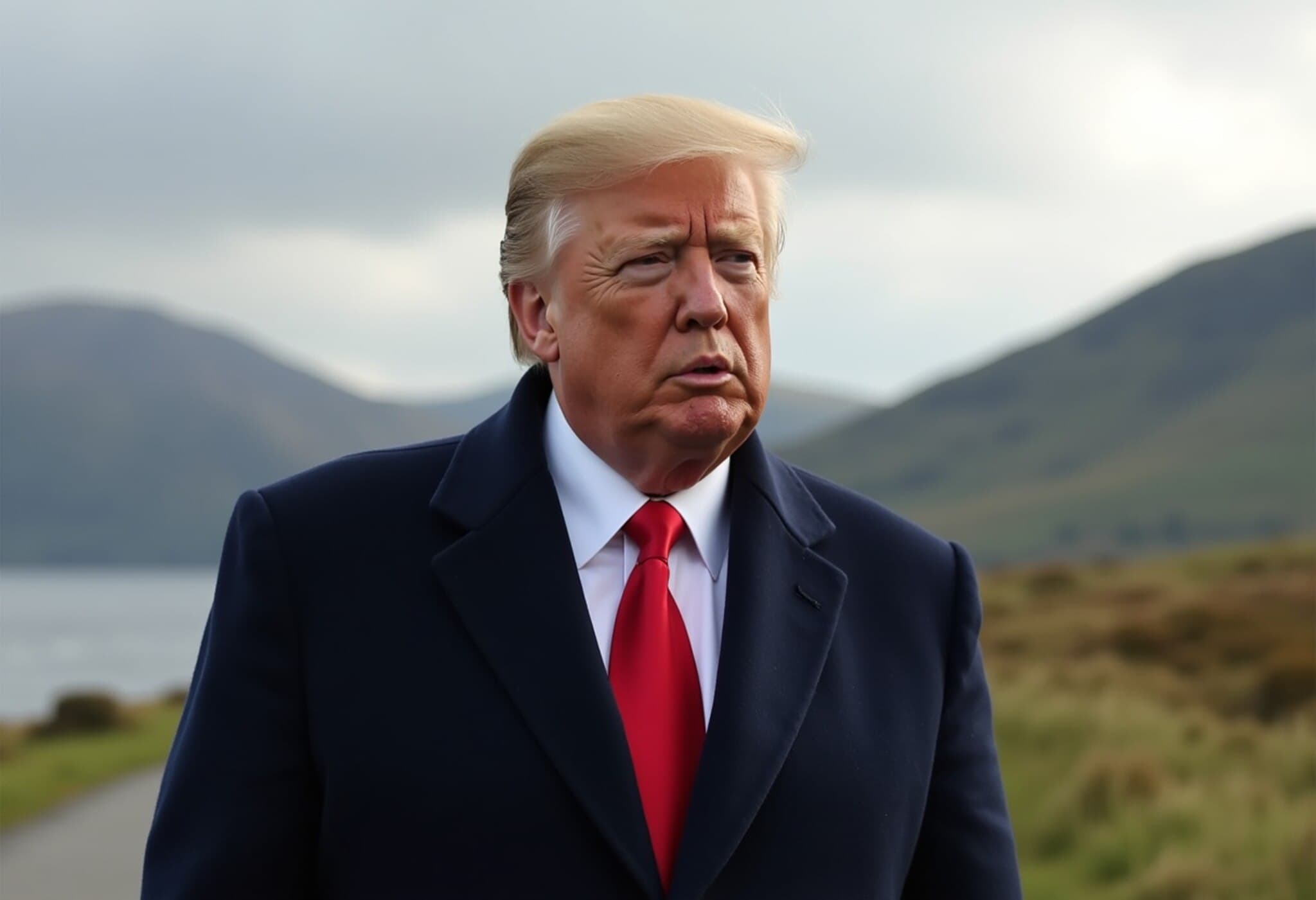Secret Service Suspends Six Personnel Following Attempted Assassination of Donald Trump
In the wake of the harrowing assassination attempt on former President Donald Trump at a campaign rally in Butler, Pennsylvania, the United States Secret Service has taken decisive disciplinary action. An agency official confirmed to NBC News that six Secret Service personnel were suspended without pay, with suspensions ranging from 10 to 42 days. The group includes members in supervisory positions as well as frontline agents.
Details of the Incident and Subsequent Investigation
On July 8, 2024, a 20-year-old gunman opened fire during Trump’s rally, with a bullet grazing the former president's ear. Tragically, firefighter Corey Comperatore lost his life shielding others from the attack. The close call reignited intense scrutiny of protective measures around high-profile political figures and raised urgent questions about how such a security breach occurred.
The Secret Service's internal investigation highlighted lapses both prior to and immediately following the attack. Notably, the special agent in charge of the Pittsburgh field office—the unit responsible for coordinating with local law enforcement in Butler—was among those disciplined. The investigation revealed that agents identified the suspect on a rooftop approximately 10 minutes before Trump took the stage and 20 minutes before gunfire erupted, but preventive action was insufficient to stop the shooting.
Leadership Accountability and Agency Reforms
Under mounting bipartisan pressure, Kimberly Cheatle resigned as Secret Service Director less than two weeks after the shooting, taking full responsibility for the security failure. Prior to her departure, Cheatle acknowledged a "short window" that complicated preventing the attack, emphasizing the challenges agents face in rapid threat assessment during volatile situations.
Congressional investigations, including a House task force, have since issued nearly a dozen recommendations aimed at bolstering Secret Service protocols. These reforms include mandatory recording of all radio communications during events, enhanced logging procedures, and the introduction of new specialized roles designed to manage high-pressure security situations more effectively.
Preventable Yet Complex: Unpacking the Security Breakdown
The House task force concluded that the Butler shooting was "preventable," though it did not identify a singular failure that enabled the attack. Rather, it cited a confluence of factors and gaps in standard operating procedures. This nuanced finding reflects the complexity of protecting public figures in dynamic and unpredictable environments.
Interestingly, the report also contrasted this assault with the Secret Service's successful intervention during a incident in West Palm Beach, Florida, commending the agency for demonstrating how rigorous protective measures can thwart attempts on high-profile leaders.
Expert Insight: The Challenge of Protective Security in Democracy
From a law enforcement and policy perspective, the Secret Service’s challenges highlight broader tensions in securing American democratic processes. Protecting public figures demands an agile balance between openness—central to political campaigns—and uncompromising security standards. As such, incidents like the Butler attack fuel ongoing debates about funding, training, interagency collaboration, and technology investment.
Moreover, this case raises critical questions about resource allocation and oversight within the agency. How can the Secret Service adapt to emerging threats while safeguarding the cultural norms that define American political expression?
Looking Ahead: The Future of Presidential Protection
- Enhanced surveillance and intelligence sharing: Deploying advanced technology to detect threats earlier.
- Expanded training: Scenario-based training to prepare agents for nuanced threat environments.
- Policy reforms: Instituting clear operational protocols during high-risk public events.
- Leadership accountability: Ensuring that failures at all levels prompt constructive change.
The Secret Service’s recent suspensions underscore the gravity with which the agency treats lapses in the protection of former presidents. As the 2024 election cycle unfolds amid heightened political tensions, these reforms and ongoing scrutiny will be critical in preventing future tragedies.
Editor’s Note: The suspended agents’ punishment reflects the Secret Service’s seriousness in addressing weak points exposed by the Butler shooting. However, the broader systemic issues—training adequacy, interagency cooperation, and rapid threat response—pose ongoing challenges. Readers are encouraged to consider the delicate balance between security and democratic openness, especially as political violence risks escalate nationwide.

